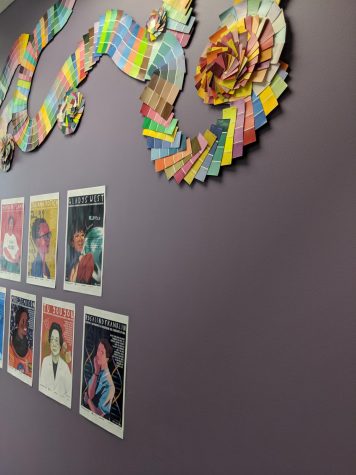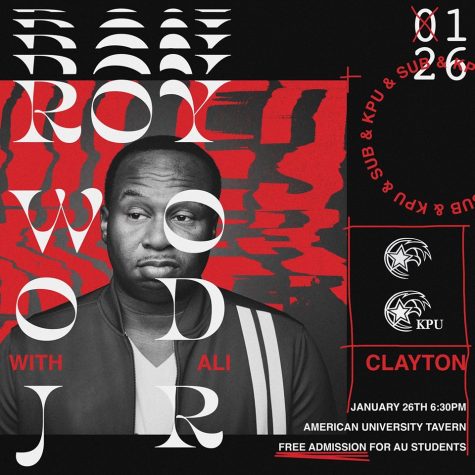MAKING STRIDES IN CANCER MANAGEMENT: Kate Decicco-Skinner
Dr. Katie DeCicco-Skinner does groundbreaking cancer research at American University in addition to being a professor, a parent and an avid outdoor adventurer. She explains the importance of women in the field of science and where she believes the treatment of cancer is going.
How did you first become interested in studying cancer biology?
I’ve been interested in science pretty much my entire life. I went to a science and tech high school, and I always knew I wanted to do something related to the human body—its cells and how it fights off diseases. My father got diagnosed with cancer my senior year of high school, just two months before I went into college, and I think that pushed me a little more towards working in cancer biology.
Your research involves studying inflammatory pathways in cells and how, if the pathways malfunctions, it can lead to cancer. Can you talk a little bit about how that is carried out?
We look at the cells that surround the cancer and examine how it “feeds” the cancer so to speak. Some of the cells that feed the cancer are inflammatory cells, which can result from chronic inflammatory conditions such as Hepatitis or Crohn’s disease. About 15 to 20 percent of cancer is due to chronic inflammation in the body. The inflammatory cells cause cancer to grow rapidly and become invasive, so we try to see if we can starve the cancer by breaking off the communication.
There is obviously a very strong need to find a cure for cancer, as one in two men and one in three women will develop it at some point in their lives. What makes finding a cure so complicated?
People who get cancer don’t just have one gene mutation in the body; they typically have five to seven. If 50 different people have lung cancer, every one of them can have a set of different mutations. So finding a drug to treat all of them is difficult to find. Each drug will target only one specific gene mutation, and there are thousands.
How does researching cancer affect your overall well-being? Does it make you feel excited? Sad? Frustrated?
I’m extremely passionate about cancer research and you can’t go into a field like that if you are someone who gets frustrated easily. There’s a saying that says, “science has good days and bad years.”
There are experiments that just don’t work and sometimes there are days where you just have to take a breath and say, “Okay it didn’t work so great today but we’ll try again tomorrow.” Overall I’m very optimistic, and I think that cancer research in general is progressing in a very positive direction.
Where do you see the future of cancer research going? Do you feel that we are getting closer to a cure or are we stuck in a rut?
Cancer research is progressing far beyond historical norms. Technology has advanced so much in the past 20 years and allows us to analyze how genes respond to drugs that we have designed and allows us to get incredibly large amounts of data in a short period.
There will never be “one cure” because there are over 200 forms of cancer that affect the body and each one comes from a different mutation. The goal is to try to make cancer a more manageable disease, like diabetes, and gradually increase the lifespan of people who have been diagnosed.
You use animals in your research. What would you say to people who do not support animal testing?
I’m an animal lover, and I completely understand any objections people have to animal research. However, at this point we don’t have any other mechanism that will move us as far as we need to be moving in cancer research, as animals. Computer programs can only get us so far and over 95 percent of the mouse genome is similar to humans, so mice give us a pretty good idea of how certain treatments will affect us. That being said, we take every precaution to limit the number of animals that we need to use in research.
What do you want students to take away from your class?
I want students to not just blindly accept science, but to question it. I like them to be able to look at research, see if it seems valid and to design the next steps.
What advice do you have for young women interested in science?
I think that 30 years ago it was extremely difficult to be a female in science, but times are changing. Females still inherently face more challenges than males do because they usually take on the role of being the primary caretaker of children if they choose to have a family and doing that while having a career that takes a lot of time and studying can be difficult.
In the United States, there’s also only six weeks of paid maternity leave, and women do get paid less than men in general. But I think the women [who] I teach are incredibly strong and if you’re dedicated to your cause, you can achieve anything.






